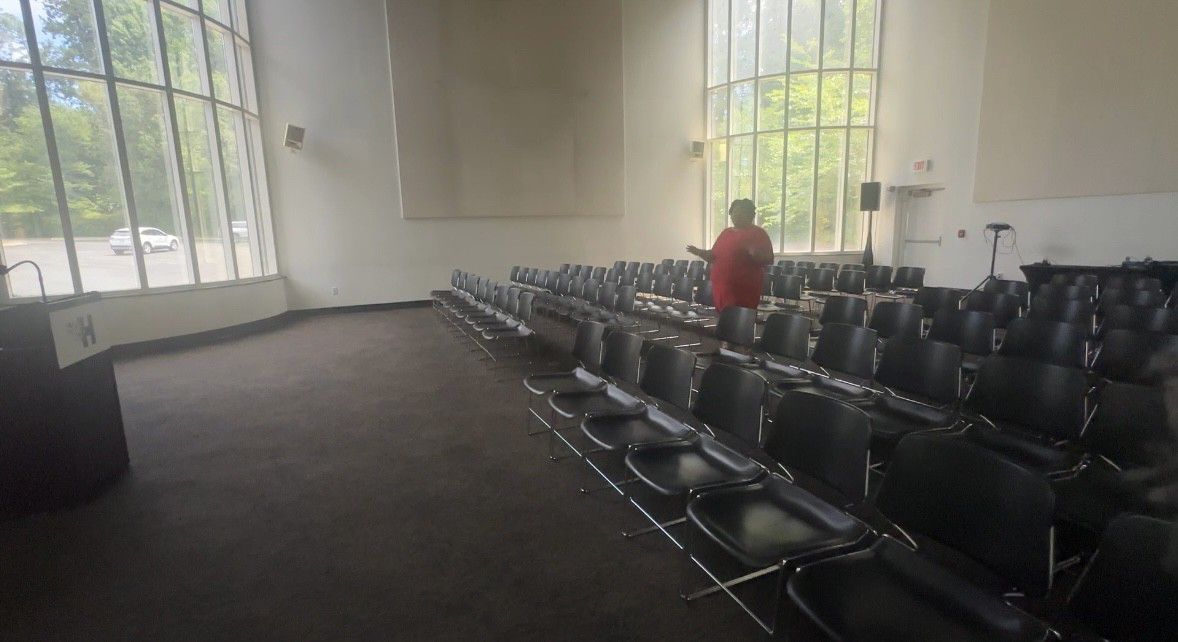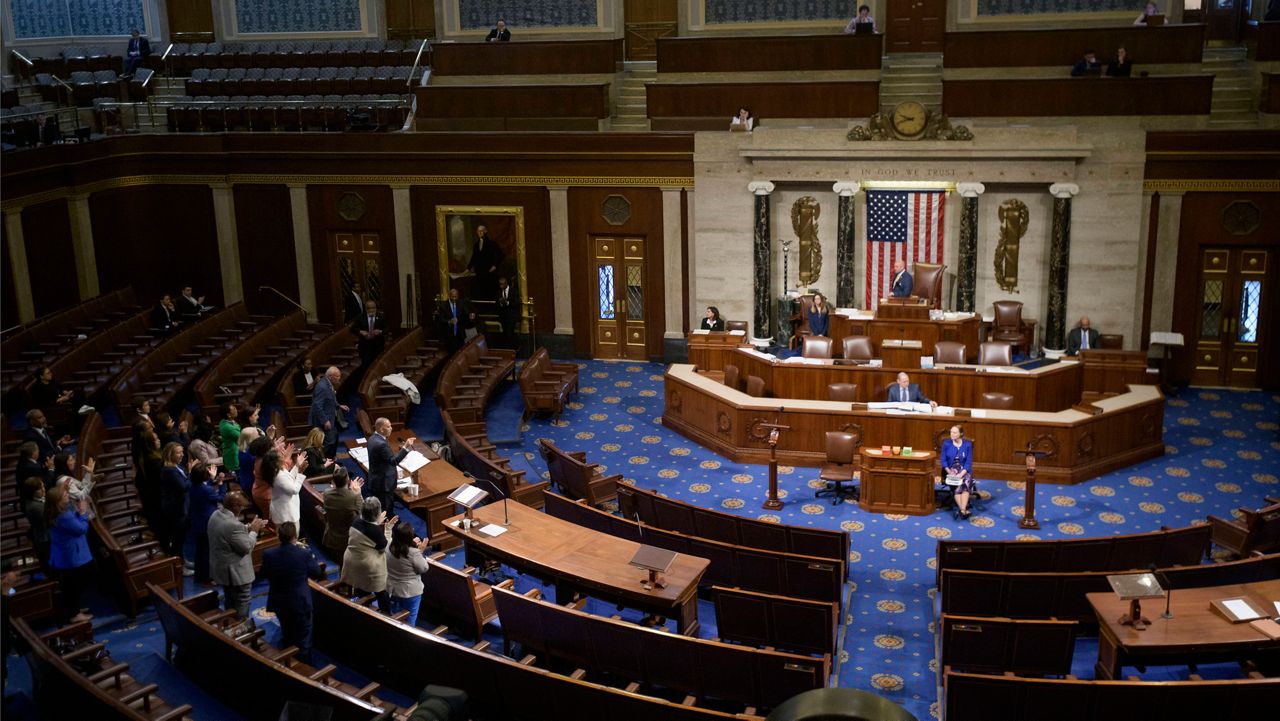CHARLOTTE, N.C. — Race and ethnicity could soon be hidden on thousands of college applications.
These changes are based on a potential Supreme Court decision that many believe will impact affirmative action across our country.
Common App, a nonprofit membership organization where millions of students have applied for colleges and universities, will soon give its members the option to hide race and ethnicity on college applications.
In a statement, Common App's president and CEO Jenny Rickard confirmed its members will have the ability to hide race and ethnicity information for both first-year and transfer applications. She says these actions may need to happen in response to the forthcoming Supreme Court decision, which will determine whether race and ethnicity should be considered in the admission process.
Rickard provided this statement to Spectrum News 1 about how the court's decisions could potentially impact its services going forward:
“The forthcoming Supreme Court decision on the use of race in college admission has the potential to impact our work in college admissions in significant ways, and Common App is committed to doing our part to help close equity gaps for underrepresented populations in higher education. Right now, we are focused on supporting our member colleges and universities with any changes that may need to happen as a result of the Supreme Court decision. While we do not know what the Supreme Court will decide, we have no plans to remove the optional race and ethnicity questions that are currently on the application. Beginning on August 1, Common App members will have the ability to hide (or “suppress”) the self-disclosed race and ethnicity information from application PDF files for both first-year and transfer applications, and to configure the data imports to recognize or exclude race and ethnicity. Colleges are currently able to suppress the following data on the Common App: any or all test information, social security number, date of birth, and gender. We will continue to work with our member colleges and universities once the Supreme Court announces its decision to ensure they have the flexibility they need to comply with the law and can continue to bring in diverse classes.”
Johnson C. Smith University Director of Admissions Hamilton Raymond says Common App moving in this direction could be a positive step for enrollment.
"I think it is a good thing for higher education," Raymond said.
One of Raymond's priorities in his role is to support increasing enrollment on the campus.
He says JCSU recently partnered with Common App to attract more prospective students to the HBCU.
"It really expands our visibility to students who may not necessarily have known about JCSU," Raymond said. "They will have the opportunity to apply directly to us." "It really expands our visibility to students who may not necessarily have known about JCSU," Raymond said. "They will have the opportunity to apply directly to us."
When it comes to Common App, Raymond says its decision to allow its members to not show race and ethnicity could benefit universities like JCSU with enrollment.
"I think it's really something that's going to remove the systematic racism aspect of it. Give everybody the opportunity to apply to the university in a holistic manner and not put any kind of bias or discrimination towards an applicant. That's beneficial for students across the board, more specifically our Black and brown students who are coming from the underserved communities, not having the opportunity to not be judged by the color of their skin but by the talents they possess when it comes to applying to such university," Raymond said.
A recent poll from The Associated Press-NORC Center for Public Affairs Research found over 60% of adults are against banning race or ethnicity in the admission system. The majority also didn't rank it as a top factor for admission decisions.






)


